Applied Deep Learning and Computer Vision for Self-Driving Cars. Build autonomous vehicles using deep neural networks and behavior-cloning techniques Sumit Ranjan, Dr. S. Senthamilarasu
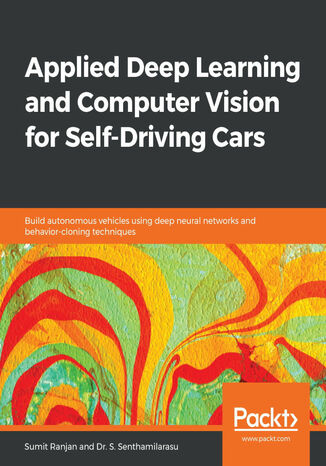



- Autorzy:
- Sumit Ranjan, Dr. S. Senthamilarasu
- Wydawnictwo:
- Packt Publishing
- Ocena:
- Stron:
- 332
- Dostępne formaty:
-
PDFePubMobi
Opis
książki
:
Applied Deep Learning and Computer Vision for Self-Driving Cars. Build autonomous vehicles using deep neural networks and behavior-cloning techniques
Starting with the basics of self-driving cars (SDCs), this book will take you through the deep neural network techniques required to get up and running with building your autonomous vehicle. Once you are comfortable with the basics, you'll delve into advanced computer vision techniques and learn how to use deep learning methods to perform a variety of computer vision tasks such as finding lane lines, improving image classification, and so on. You will explore the basic structure and working of a semantic segmentation model and get to grips with detecting cars using semantic segmentation. The book also covers advanced applications such as behavior-cloning and vehicle detection using OpenCV, transfer learning, and deep learning methodologies to train SDCs to mimic human driving.
By the end of this book, you'll have learned how to implement a variety of neural networks to develop your own autonomous vehicle using modern Python libraries.
Wybrane bestsellery
Packt Publishing - inne książki
Dzięki opcji "Druk na żądanie" do sprzedaży wracają tytuły Grupy Helion, które cieszyły sie dużym zainteresowaniem, a których nakład został wyprzedany.
Dla naszych Czytelników wydrukowaliśmy dodatkową pulę egzemplarzy w technice druku cyfrowego.
Co powinieneś wiedzieć o usłudze "Druk na żądanie":
- usługa obejmuje tylko widoczną poniżej listę tytułów, którą na bieżąco aktualizujemy;
- cena książki może być wyższa od początkowej ceny detalicznej, co jest spowodowane kosztami druku cyfrowego (wyższymi niż koszty tradycyjnego druku offsetowego). Obowiązująca cena jest zawsze podawana na stronie WWW książki;
- zawartość książki wraz z dodatkami (płyta CD, DVD) odpowiada jej pierwotnemu wydaniu i jest w pełni komplementarna;
- usługa nie obejmuje książek w kolorze.
Masz pytanie o konkretny tytuł? Napisz do nas: sklep@helion.pl
Książka drukowana







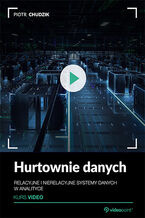
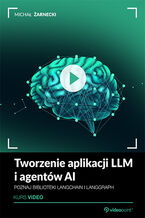
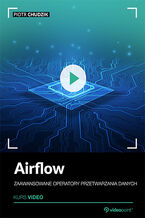
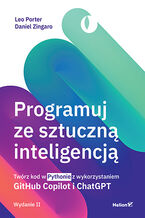










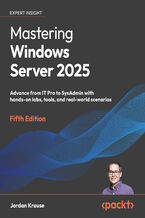

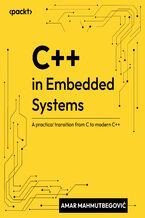
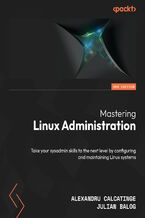
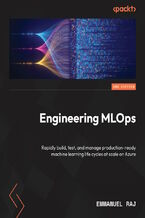
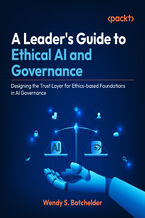
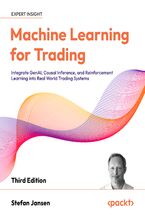
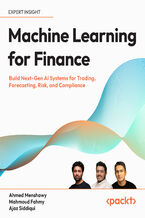



Oceny i opinie klientów: Applied Deep Learning and Computer Vision for Self-Driving Cars. Build autonomous vehicles using deep neural networks and behavior-cloning techniques Sumit Ranjan, Dr. S. Senthamilarasu
(0)